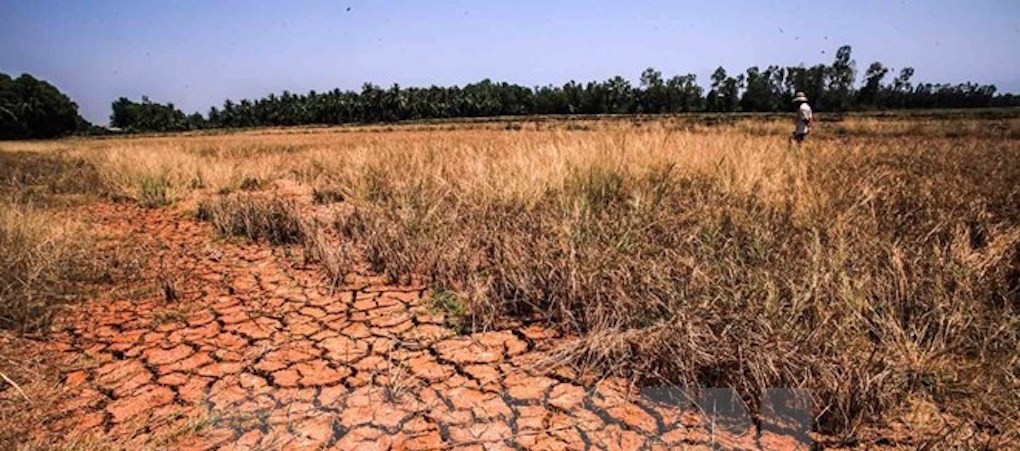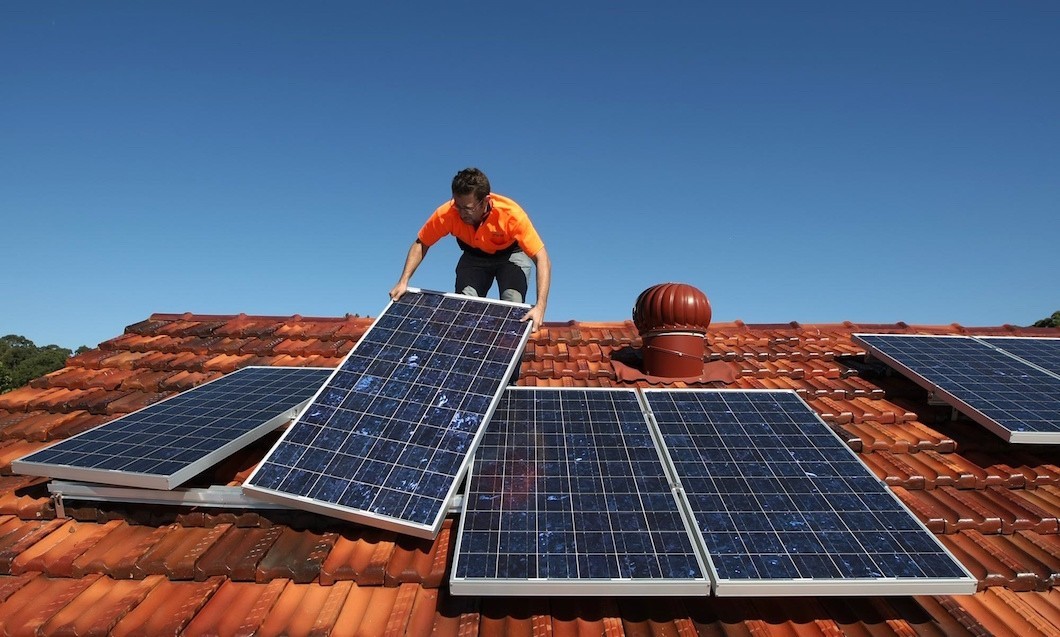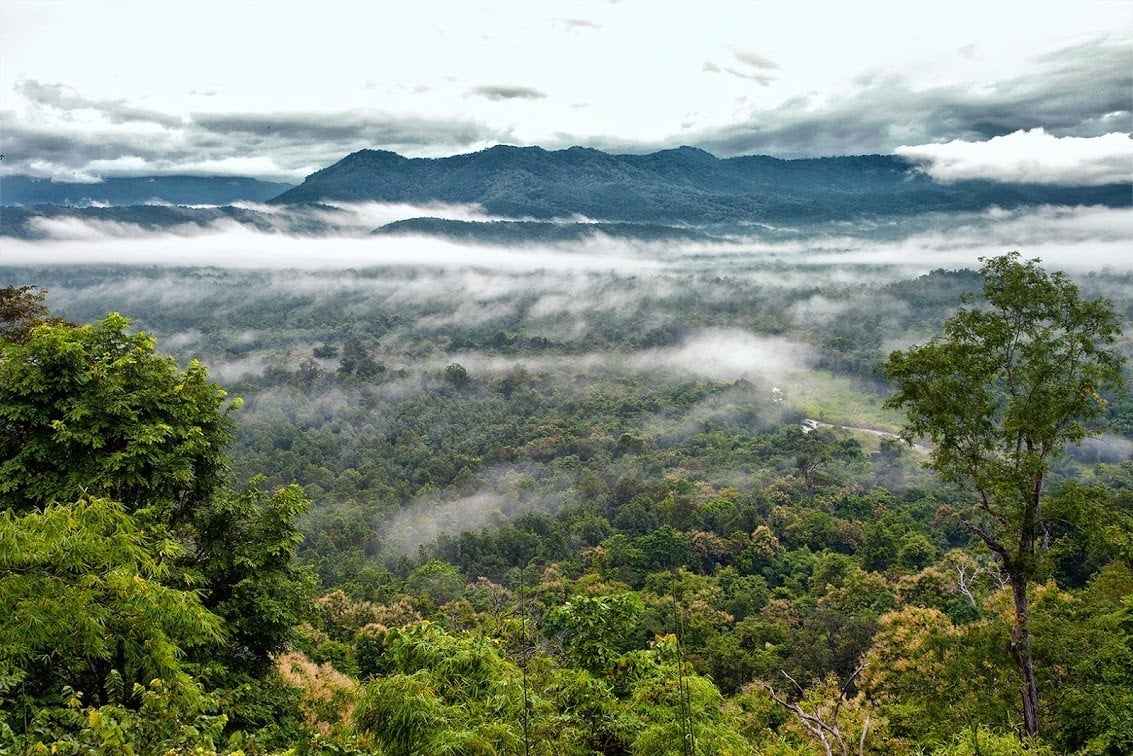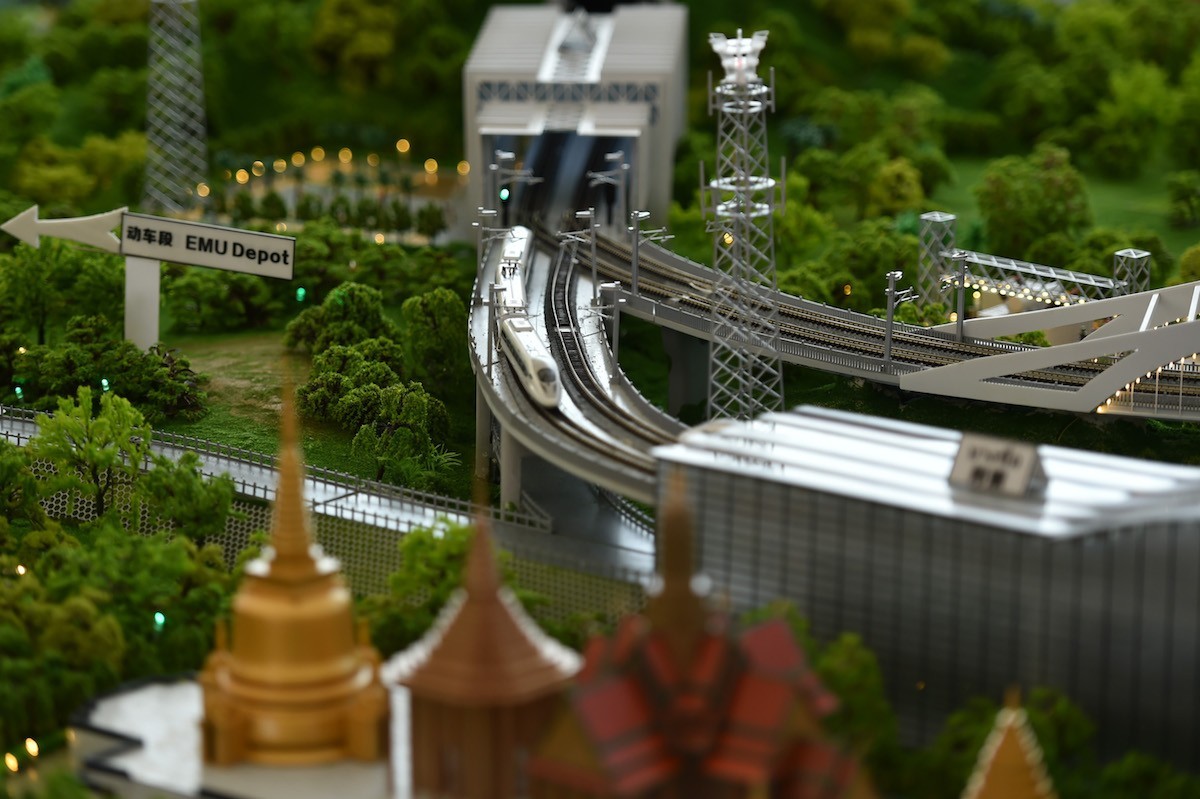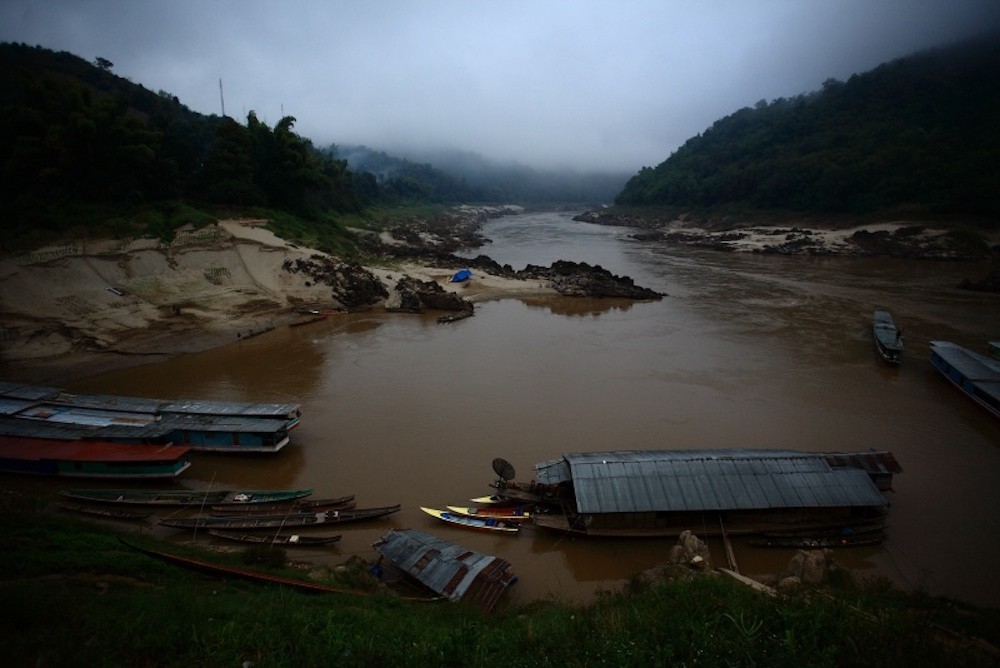China will release more water from a dam in its southwestern province of Yunnan to help alleviate a drought in parts of Southeast Asia, China’s Foreign Ministry said on Tuesday, following an initial release begun last month.
Category: Thailand
Holding back the sun: Thailand, solar energy and the “base load myth”
Thailand’s Energy policymakers recently announced plans to allow the private sector more access to promote solar power in the Kingdom. But restricting the program to just 100 MW of roof-top installations runs counter to emerging advice from within and experience from abroad, that solar power, and renewables generally are the way forward— not the large, unnecessary energy projects at home and in neighboring countries now driving Thailand’s energy policy.
At the core of this transition is debunking the myth of what’s known as base load: managing that minimal amount of power that is needed 24 hours a day to meet demand. Since electricity demand fluctuates hourly, with peak production in the afternoon when offices, air conditioners, and factories are in full operation, versus the wee hours of the morning when things are more cool and quiet, some power plants run all day long and others just supplement supply when electricity needs rise. Traditional fossil fuel plants have longtime been advanced to service this base load, and Thailand is no different. But techniques in demand management and the ability of solar in particular to meet the high demands during the day can reduce the need for these plants.
China’s Sudden Dam Water Releases Killing Wildlife in Lower Mekong River Basin
It’s not just humans but also animals downstream who are affected every time water is released from Chinese dams into the Mekong River.
“The survival rate of baby birds has dropped to less than 60% over the past three years, as their nests lie on the riverfront and the water level of the Mekong is so unpredictable,” lamented the administrator of a Facebook page devoted to bird lovers.
Community rights clause not fooling anyone
The right of citizens and communities to protect the environment against harmful development projects is now back in the draft constitution, thanks to fierce pressure by civil society nationwide. So people can relax now, right? Not a chance.
Face it. The military regime is in it for the long haul. Their diktats are the ultimate rules of the land. The community rights clause in the draft will be of no help because it has also been heavily diluted, turning active citizens and communities into state vassals.
Since the beginning of this year, the National Council for Peace and Order (NCPO) has issued a series of orders under the special powers of Section 44 in the interim charter to eliminate legal obstruction and fast-track mega projects. First it was an order to bypass land-zoning laws to speed up the government’s project to create special economic zones in 10 border provinces, which also faces fierce opposition from locals. That was in January.
UPA signs B10bn Dawei power plant deal
The signing ceremony was held on Monday to mark the start of investment in a 200-megawatt plant to be located in Kanbauk.
Mr Upakit said the move to develop the 200MW power plant came after the first step last June, when subsidiary Andaman Power and Utility Co (APU) signed a contract with the Tanintharyi regional government to supply electricity and develop the 20MW gas project in Dawei.
Concern over big power projects on exemption list
POWER-PLANT projects that could generate up to 30,778 megawatts, proposed in the Power Development Plan 2015, have shown up in the city-planning exemption list announced by the National Energy Policy Council, raising concern among environmental activists over unregulated development.
Thursday’s announcement also includes alternative power projects under the Alternative Energy Development Plan 2015 and LNG (liquefied natural gas) station and receiving-terminal projects under the Gas Plan 2015.
The controversial Mae Wong Dam in Nakhon Sawan is also on the list appended to the announcement.
Surachai Trongngam, secretary-general of the Environmental Litigation and Advocacy for the Wants Foundation, said the announcement was clarification of a previous National Council for Peace and Order (NCPO) order, 4/2559, and gave more specific information on which projects were being included in the city-law exemption list.
Myanmar to have first Thai-operated powerplant in Dawei SEZ
Myanmar’s Energy Ministry has signed a 10-billion-baht concession agreement with a Thai company to produce electricity within the Dawei Special Economic Zone (SEZ).
The Thai company, United Power Of Asia PCL (UPA), recently inked the 30-year agreement with the government of Myanmar to build a natural gas power plant, which has a capacity of 200 megawatts.
It will be the first Thai power plant operating in the Dawei SEZ. Under the agreement, the Myanmar government will supply natural gas to the UPA power plant for free. The Thai company will also earn 1.18 baht for every unit of the electricity sold in the country.
Govt. expedites diversion of water from Mekong
The Royal Irrigation Department has confirmed that the public sector is trying to increase water volumes in the country especially by diverting water from the Mekong river to drought-hit areas.
Expert from the Royal Irrigation Department Sanya Saengphumphong said the department was conducting a study on how to divert water from the Mekong for use and building temporary pumping stations with the capacity of 40 million cubic meters. The pumping stations are expected to benefit more than 10,000 Rai of drought-hit areas. The pumping stations will be upgraded into permanent ones with the capacity of 100 million cubic meters in 2017.
The department also had a plan to divert water from the Moei and Salween rivers in Myanmar into the Bhumibol dam in Thailand, said the expert.
Thailand’s transparency deficit: Haste makes waste on mega-projects
One of the country’s top bankers is stressing the need for faster action to transform Thailand into a hub for CLMV countries (Cambodia, Laos, Myanmar and Vietnam).
Kevin Tan, CEO of HSBC Thailand, was speaking during an interview on Vietnam’s increasing attractiveness to foreign investors. Vietnam’s gross domestic product grew a whopping 797 per cent between 1995 and 2014, from US$20.74 billion to $186.2 billion. Thailand’s GDP growth was sluggish in comparison, rising from $169.28 billion to $404.8 billion over the same period.
And with big names like Intel, Apple and Samsung now showing interest in Vietnam, it seems the times are against Thailand.
Drowning in generosity
Again?” Chai Tamuen, 42, thought when he saw Mekong water rising at the riverbank of Chiang Khan district in Loei eight days ago.
Overnight, water had engulfed the sandy shore of Kaeng Khut Khu, a tourist spot popular for swimming and recreation, leaving stalls stranded on an “island” now surrounded by water.
As a vendor, Mr Chai was forced to leave his kiosk four days later when water submerged half of the island.
“This is not the first time that the bank has been flooded in dry season. It’s happened like this for the last five years,” he said.
“We can’t predict water. Our income has not been stable since Chinese dams have taken control over the water upstream.”
China announced on March 14 it would discharge a massive quantity of water from one of its dams, claiming it would help communities in the Mekong region facing severe drought.


